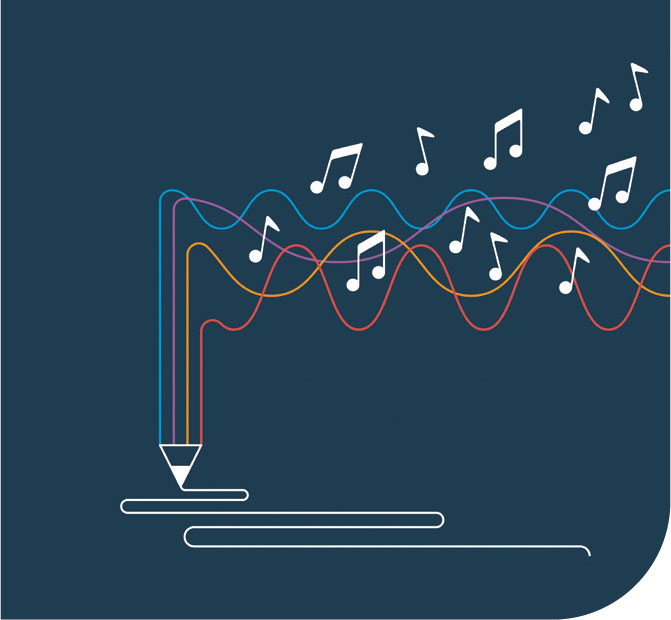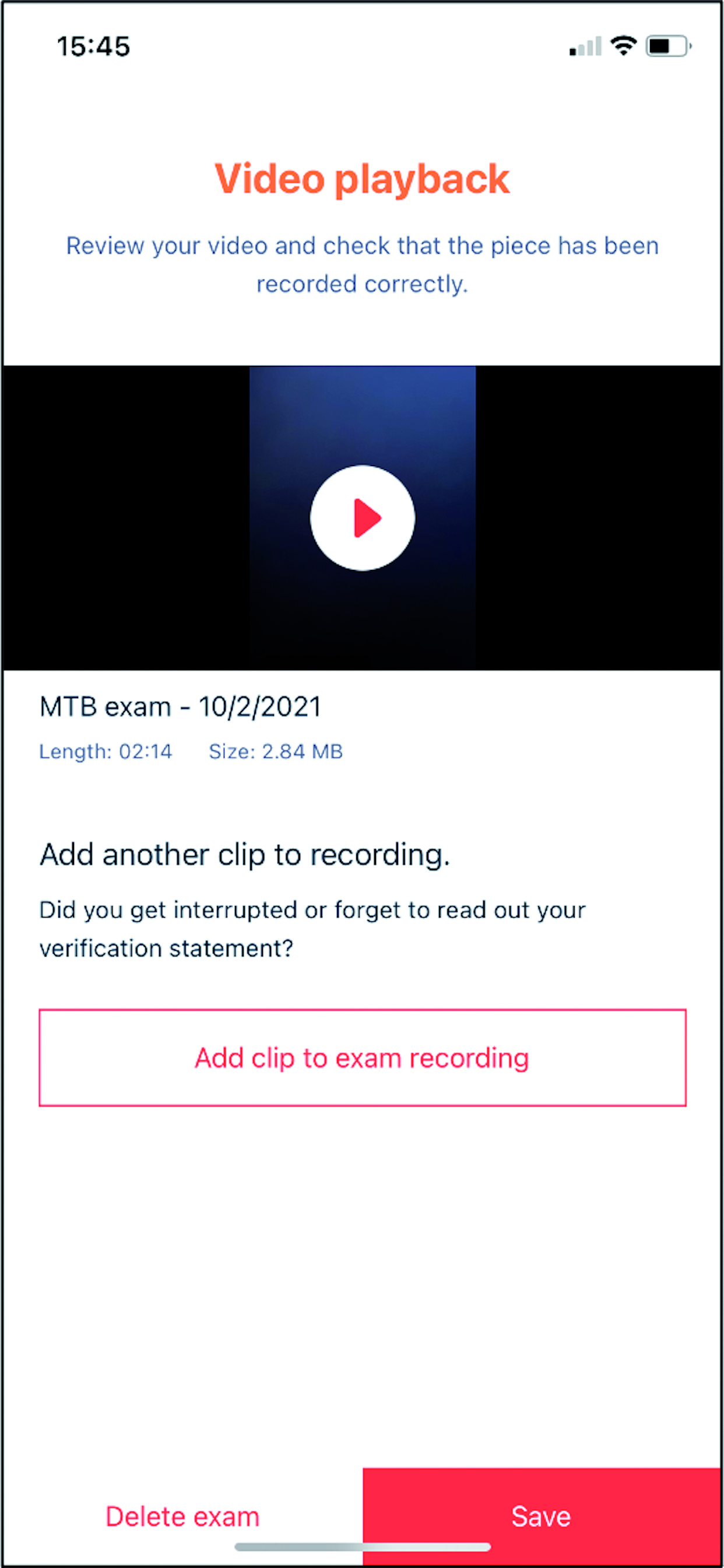
Keeping pupils motivated, setting goals for them, and aiming to keep at least some sense of ‘business as usual’ – over the last year, we in the music education sector have been busy finding new ways to do what we do.
Technology has of course played an enormous role, with many of us teaching remotely – including preparing pupils for exams – for the first time.
Music Teachers’ Board (MTB) had a head start. Before anyone had even heard of COVID-19, they were working to establish themselves as a fully remote alternative to venue-based instrumental and singing grade exams.


Improvements needed
MTB's chief examiner Mark Kesel has long been aware that the traditional approach to exams doesn't suit every pupil.
‘We felt there were many improvements that could be made to the instrumental exam process if we embraced technology’, he tells me.
Without exam centre venues and fixed session periods, pupils and teachers simply take the exam when the pupil is ready – they don't need to plan months in advance and risk getting bored with those same three pieces. The logistics of travel and taking time out from school are also no longer an issue.
One-stop-shop
Since launching in 2019, MTB have been recognised by Ofqual and their grade exams have been taken in over 40 countries. I caught up with Mark on Zoom, alongside managing director David Kesel, who for the last year has been overseeing the development of MTB's new video-enabled exam app.
The result, their Record and Submit 2021 app, had been launched the day before we spoke. Until then, MTB exams taken through the app were audio-only.
‘Obviously, a video app has a lot more technological issues to overcome than an audio app – bigger files and the video-specific elements that you need to bring into it. It's been a big project and we're really pleased with what's come out of it’, David says.
The app is a one-stop-shop to record and submit the exam. It doesn't need to be connected to the internet in order to record, so there are none of the connection issues that can blight live online lessons and assessments.
‘Lots of teachers are currently teaching remotely – they can run the exam remotely as well,’ continues David. ‘They can just oversee the exam on Zoom while the student records. I think we've done a really great job of finding that balance between big fi les and quality. What's really great about the generation of smartphones and technology that we're in at the moment is that smartphones are built as audio transmitters.
‘That's the primary purpose of a phone, so they actually do it very well. People assume that a phone doesn't have a good microphone but that's not true – they're much better than the microphones in most tablets and laptops.’
Exam as concert
The app is designed specifically for MTB's new Performance Grades, which, like the app, launched at the end of February.
‘The exam can be your first proper concert – you can plan your programme, decide what suits you, what you're going to really enjoy’, Mark Kesel says. ‘Rather than saying “play four or five pieces”, we set a target duration for the candidate.’
The performance grades were the catalyst to developing a video-enabled app, and the remote examiners can now assess candidates’ performance holistically in a way that wasn't possible with audio-only.
The flexibility the app provides means that, once we are out of lockdown, candidates could indeed have an audience for their performance exam; friends, family, or an in-school performance.
‘We've all had enough stress this year – we want to make exams less stressful,’ Kesel says. ‘At the heart of MTB is the enjoyment of the process of learning’.
The MTB App is available to download from the Google Play and Apple Stores.
Visit www.mtbexams.com for more information.








